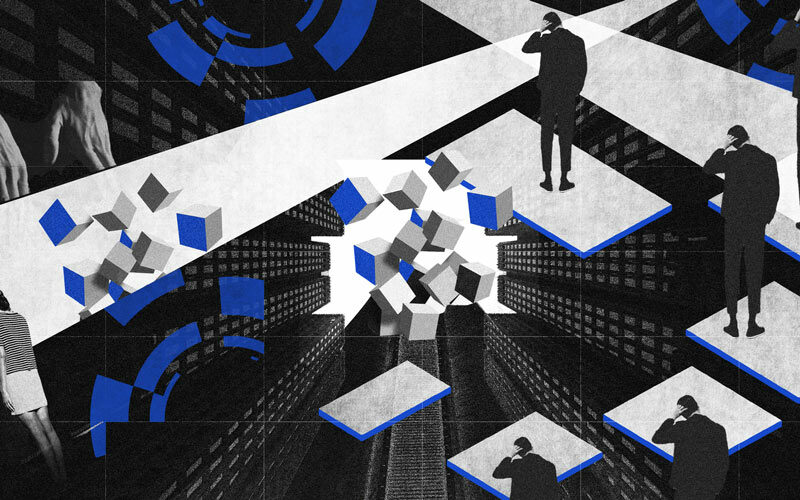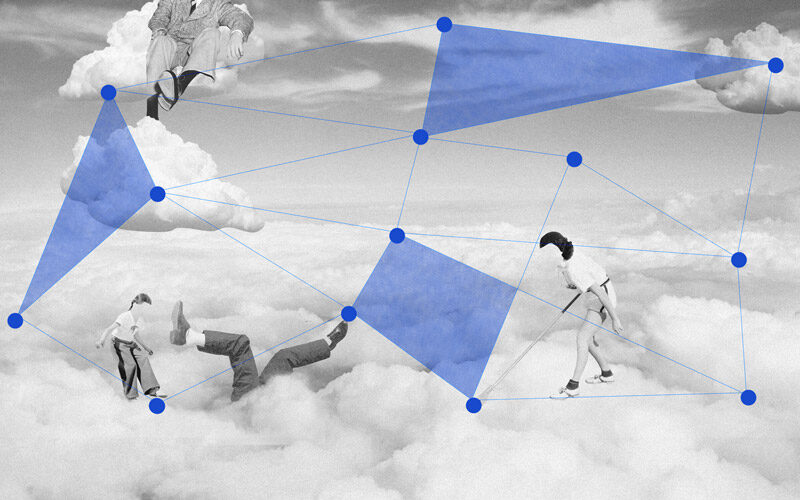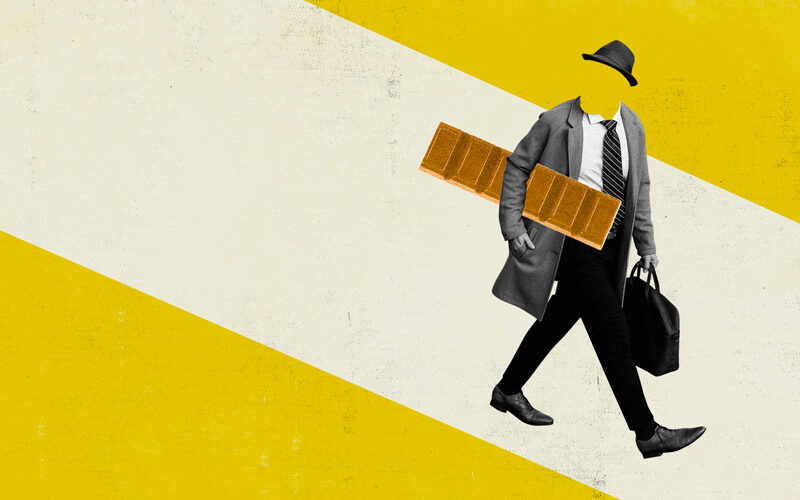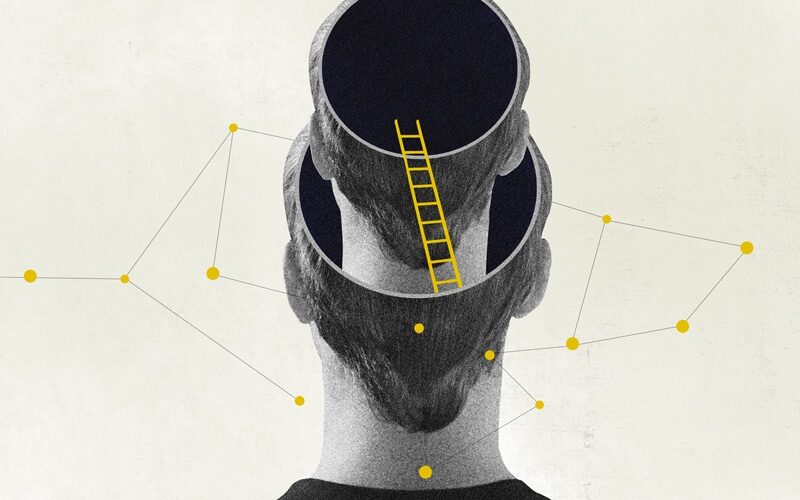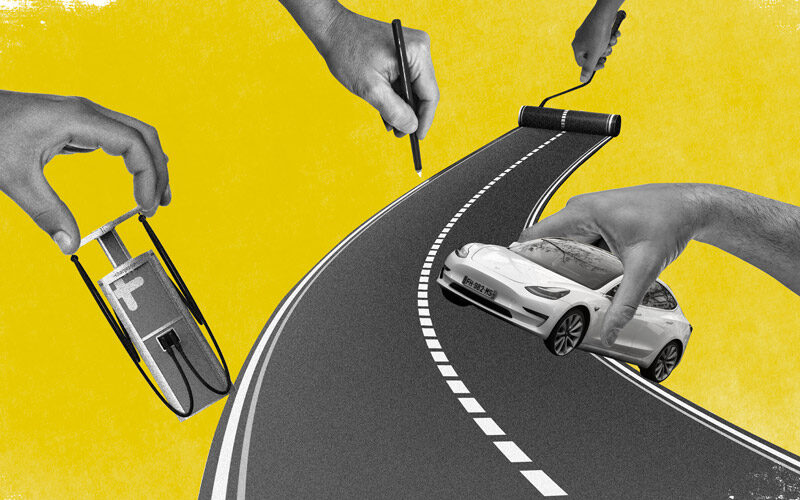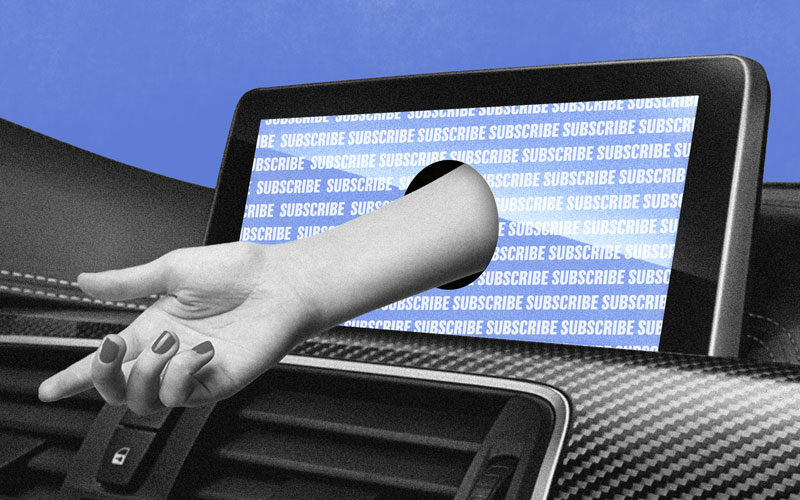Every revolution event is characterised by 3 repeating pillars: changes in communication, transport, and energy. And we might think innovation is limitless, but there are only 10 basic types. Sorry Cornelius Vanderbilt.
The fascinating thing about the next one? It actually will be different from every revolution that has gone before.
The Green Revolution (GR) that humanity is sitting at the doorstep of will be the first revolution that will undo rather than build upon.
Previous innovation cycles have fed into one another like a snake eating its tail. The GR will climb the same three pillars – our printing press, railway, and oil wells will be the IoT, driverless vehicles, and renewables. But it’s happening not to build upon what’s gone before, but to correct it.
The question presents itself: if the Industrial Revolution (IR) never started 200 years ago, would our planet be in crisis today?
A future without the past
“Work” as we know it only exists because of the Industrial Revolutions that occurred in the cradle of capitalism, Great Britain.
Let’s pretend for a moment they never happened.
After the Black Plague and the Dissolution of the Monasteries, when a third of the global population died and the voluminous Henry VIII took away the major relief source of the Catholic church, the state got much more involved in public welfare.
Individual philanthropy (privately funded hospitals, almshouses, and orphanages) was still big. This meant workhouses weren’t forced upon children and the elderly.
But in 1782, the Gilbert Act allowed people and parishes to ‘unionise’ their charity. The intention was to pool costs to build and maintain bigger, better workhouses. But nobody really liked this idea and workhouses were plunged into underfunded squalor.
Before workhouses and factories came along, most families lived in pastoral drudgery. But it was their pastoral drudgery.
“Work” wasn’t completing tasks for someone else, it was farming the land to feed their families. People still traded goods, services, and currency, with some members of the community butchering or smithing or tailoring. But there was no separation, no “work-life balance” – it was all just “life”.
This is how things would likely stay for centuries if not for the Industrial Revolution.
The factories proliferated by steam power, mass production, and monopolies separated humans from the fruits of their labour. The move to the cities disconnected us from nature, our communities, and our ancient lineages. The motive to feed our families was the same, but now we were doing it under someone else’s (often brutal) hand while they made vast profits off our backs.
But that was the past. Right?
Who enjoys the fruits of your labour? Is it someone you shake hands with after exchanging goods? Or is it someone in a skyscraper halfway across the globe?
Thanks to the Industrial Revolution, save for the small percentages of hand crafters, independent traders, and the growing numbers of freelancers, most of working humanity still suffers from this disconnection today.
Reconnected by the web
We’d never have seen the smoke-belching engines of capitalism without the Industrial Revolution. But we might never have been reconnected with the fruits of our labour.
Since the World Wars, work has been reasonably uniform. But in 2022, work as we’ve known it is completely off the chain.
Imagine telling a 16th century peasant you’re taking a mental health day. Imagine telling Henry Ford you’ll be wearing Dunks and a hoodie to work, or a 1960s programmer you’ll be coding from home on a “MacBook Air” that fits on your lap and weighs 2.75lbs.
The pandemic (as well as the cloud and comms software that was catalysed during it) gave us remote work. Now, web3 is giving us freedom, autonomy, and radical inclusivity.
Decentralised, shared-ownership projects will see collectivity replacing top-down authority. Awesome People Ventures founder Julia Lipton anticipates web3-based projects will become “more inclusive and supportive” and lead to “a more collaborative work environment”.
DAOs (Distributed, Autonomous Organisations) follow the same format – community led, not boss-driven. Work is freelance and flexible in nature (and, of course, remote). The implications this has for societal structure are massive.
We no longer need to relocate to cities or commute to CBDs to access gainful employment. We no longer need to swap clean air and community for extortionate rent. Citizens in developing nations can work for tech giants thousands of miles away.
With no management, no middlemen, and no whip cracking, DAOs let us choose our output and our schedules. We are paid fairly and directly. We are reconnected with the fruits of our labour.
History is being undone.
There’s an argument to be made that without web3, we may yet backslide into pre-pandemic working norms, which is to say long hours, strict schedules, punching in clocks, disenfranchised employees, and mental health crises en masse.
Can AI correct the IR?
The technology developed across the Industrial Revolutions has brought us to the brink of planetary decimation. Can the same tech – or what the tech has become – bring us back?
One of the main benefits of AI is increased business productivity. And it’s easy to scoff “who cares about that?”. But capitalists gonna capitalise, and most of us have to work whether we like it or not.
AI is busy freeing modern humans from the most monotonous and mundane of our daily tasks. If we could cut AI and paste it into a Victorian workhouse – sans wider Industrial Revolution – there simply wouldn’t be enough work for everyone to do. Employers would no doubt try to find it. But perhaps they would be forced to admit, lightyears ahead of their time, that maybe the purpose to life isn’t to work.
Perhaps then employees could focus on the work that interests them, that betters their communities and utilises their creative skills.
For all the social movements, mental health intervention, and employee rebellion, AI is the first thing to grab corporations and capitalists by the ears and shout “maybe we don’t need to slave-drive people!”
We’re already cutting the carbon footprints left by our commuting and commercial premises. AI data centres come with carbon implications of their own, but it’s also being used to develop green transport networks, predict extreme weather events, and monitor deforestation, habitats, soil condition, and land erosion.
It might just be that robots are the good guys after all.
So let’s return to the question: without the IR, would we need the GR? With no Industrial Revolution, we’d probably be:
- A lot more psychologically comfortable with our daily work
We wouldn’t have:
- Plastic
- Mass production
- Screen addiction
- High-rise living
- Genetically modified crops
- Office team building days
And we’d definitely be:
- Not in a climate crisis.
But we also wouldn’t have (in no order of importance):
- Vaccinations and disease cures
- Affordable and accessible goods for all
- Social mobility
- Health and safety laws
- Affordable travel to other countries
- Siri
And only the wealthiest could afford to commission painted “selfies”.
This revolution will not be like the last. We can no longer drive towards progress at all costs when the cost is literally the earth.
The World Economic Forum is predicting an “innovation tsunami” that “has the potential to wash over the world’s energy systems.”
For some corporations, governments, and providers this is a huge source of anxiety (looking at you, diamond miners and oil barons). For some, it will be a golden opportunity in a nascent market.




